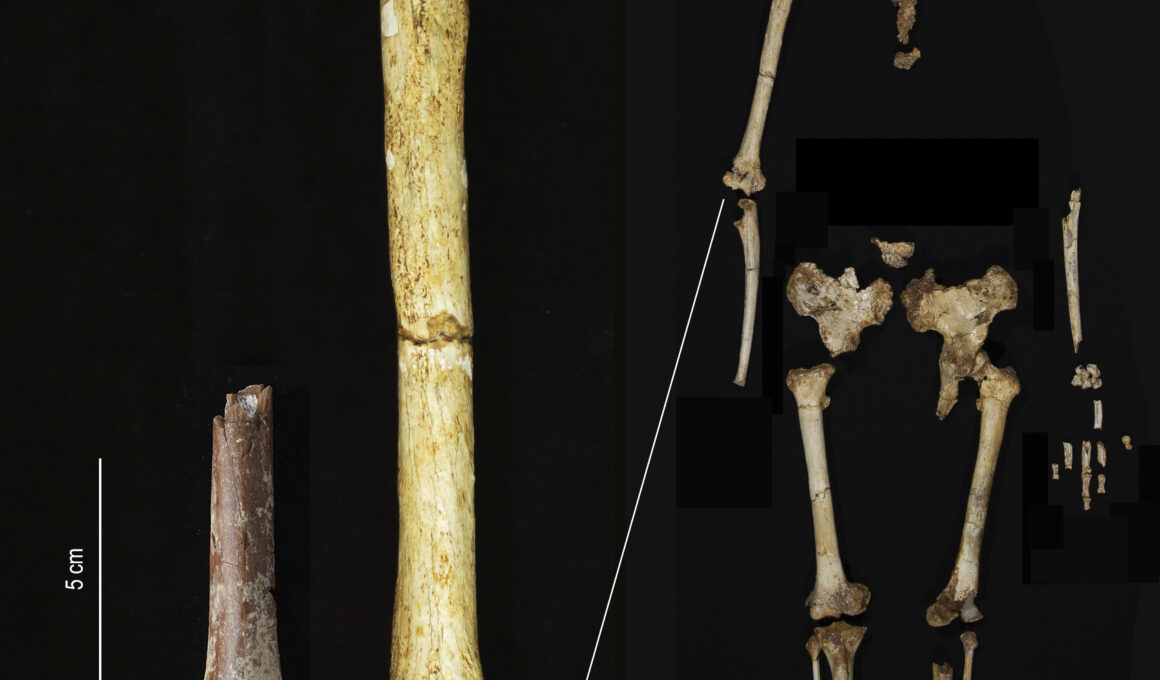Following uncovered fossils in Indonesia, a new study on Tuesday suggested that ancestors of the so-called “hobbits” were even smaller than previously believed, according to the Nature Communications.
According to the Associated Press, 20 years ago scientists discovered fossils on an Indonesian island of an early human species that stood at about 3 1/2 feet (1.07 meters) tall—earning them the nickname “hobbits.”
However, on Tuesday in a new study published in the journal Nature Communications co-authored by Yousuke Kaifu of the University of Tokyo and Adam Brumm from Griffith University’s Australian Research Centre for Human Evolution, the study suggests ancestors of the hobbits were even slightly shorter due to the discovery of extremely rare early human fossils.
Newsweek has reached out to Brumm via email for comment.
The initial hobbit fossils, dubbed Homo floresiensis after the island of Flores in Indonesia, were dated to between 60,000 and 100,000 years ago.
However, these new fossils, which include a small adult limb bone, were unearthed from Mata Menge, located roughly 45 miles from the original discovery site and date back 700,000 years, according to Griffith University in a press release.
“This 700,000-year-old adult humerus is not just shorter than that of Homo floresiensis, it is the smallest upper arm bone known from the hominin fossil record worldwide,” Brumm said in a press release.
He added: “This very rare specimen confirms our hypothesis that the ancestors of Homo floresiensis were extremely small in body size; however, it is now apparent from the tiny proportions of this limb bone that the early progenitors of the ‘Hobbit’ were even smaller than we had previously thought.”
This comes after researchers suspected the earlier relatives could be shorter than the hobbits after studying a jawbone and teeth in 2016 found at Mata Menge. Further examination of an arm bone fragment and additional teeth confirmed that these ancestors were about 2.4 inches (6 centimeters) shorter than the hobbits.
While scientists don’t know yet whether the hobbits shrank from an earlier, taller human species called Homo erectus that lived in the area, or from an even more primitive human predecessor, the study reignited the debate over how Homo floresiensis evolved to such a small size and their exact position in the human evolutionary lineage, the AP reported.
“The evolutionary history of the Flores hominins is still largely unknown”, Brumm said. “However, the new fossils strongly suggest that the ‘Hobbit’ story did indeed begin when a group of the early Asian hominins known as Homo erectus somehow became isolated on this remote Indonesian island, perhaps one million years ago, and underwent a dramatic body size reduction over time”.








